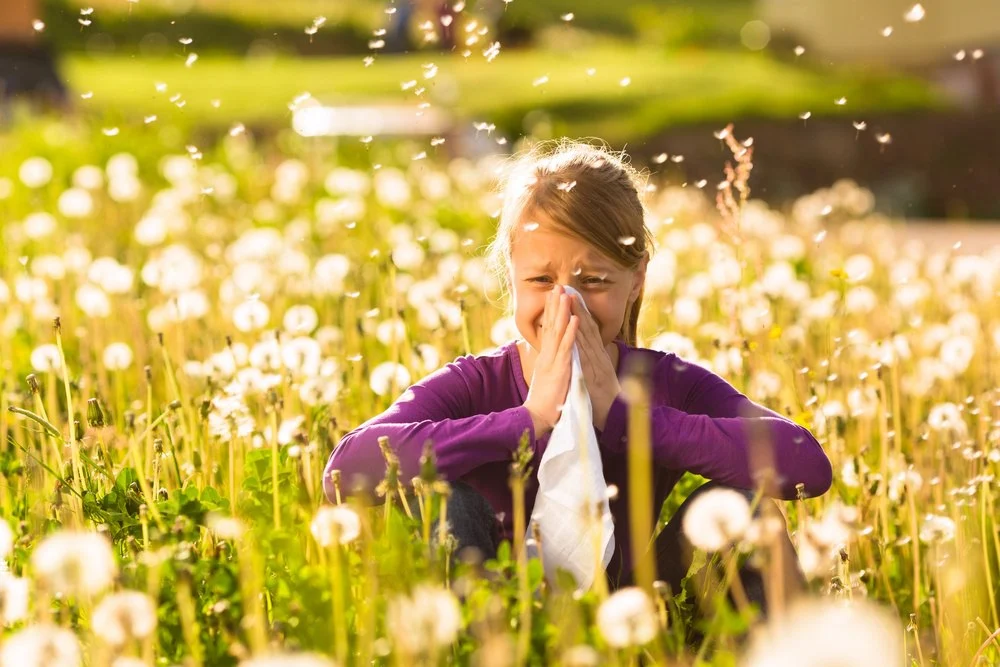Turmeric - Put some spice back in your life

Turmeric has a long history of health giving properties and has been used as an ingredient in Ayurvedic medicine for thousands of years. It is also known as Curcumin or Indian Saffron and comes from the root of a beautiful, flowering, tropical plant native to India and a member of the same family as Ginger.
Turmeric’s long, finger – like underground stems are dried and taken by mouth as powder, capsules, teas or liquid extract and can also be made into a paste for use on the skin. You might like to try the following recipe for Turmeric Tea which is less bitter tasting than some:
- Simmer half a cup of water with half a teaspoon of turmeric powder for 10 minutes. Add half a cup of coconut or almond milk, I tablespoon of coconut oil and honey or stevia to sweeten.
It is widely used as a spice in South Asian and Middle Eastern Cooking. One of its active ingredients is curcumin which has a distinctly earthy, slightly hot and peppery flavour and a mustardy smell. It is used to colour and flavour food and is one of the main ingredients in curry powder. It is also used as a dye in the textile industry
Turmeric is also used in various Indian Ceremonies including Marriage and Religious Festivals when a paste is applied to the skin of the Bride and Groom.
It is being heralded as a potential treatment for a variety of conditions ranging from arthritis, cancer, diabetes, psoriasis, heart disease and Alzheimer’s but we prefer to stick with the evidence available so far.
Memory not as good as it was or having trouble concentrating ? Might be worth considering taking a turmeric supplement. Elderly villagers in India who eat turmeric as a regular part of their diet have the lowest rate of Alzheimer’s in the world. Evidence seems to suggest that it helps the brain repair itself as well as preventing formation of beta amyloid plaques which may, in the future be useful for other chronic degenerative conditions such as Parkinson’s, Stroke and even .Brain Injury.
Turmeric’s anti-inflammatory properties make it very useful for arthritis sufferers and there are many reports of it being as effective as taking anti-inflammatory drugs but without the nasty side effects.
Other evidence suggests that Turmeric has anti depressant properties as it reduces the stress hormone, cortisol and increases serotonin levels which is the neurotransmitter associated with happiness.
Cancer Research UK are conducting a 4 year trial looking at the effect of curcumin when taken alongside chemotherapy for advanced bowel cancer. Scientists have known for a while that curcumin kills cancer cells and shrinks tumours within the laboratory setting so initial results have been encouraging.
Small studies have indicated that the anti-inflammatory and antioxidant properties may help to detoxify the liver and even delay the onset of liver cirrhosis and more work is being done in this area.
We are excited by these promising reports and hope you are too and that you will look at our range of turmeric products. One of our staff members has reported huge reduction in arthritis pain after taking daily turmeric supplements. If you are a keen cook you may want to try this recipe.









